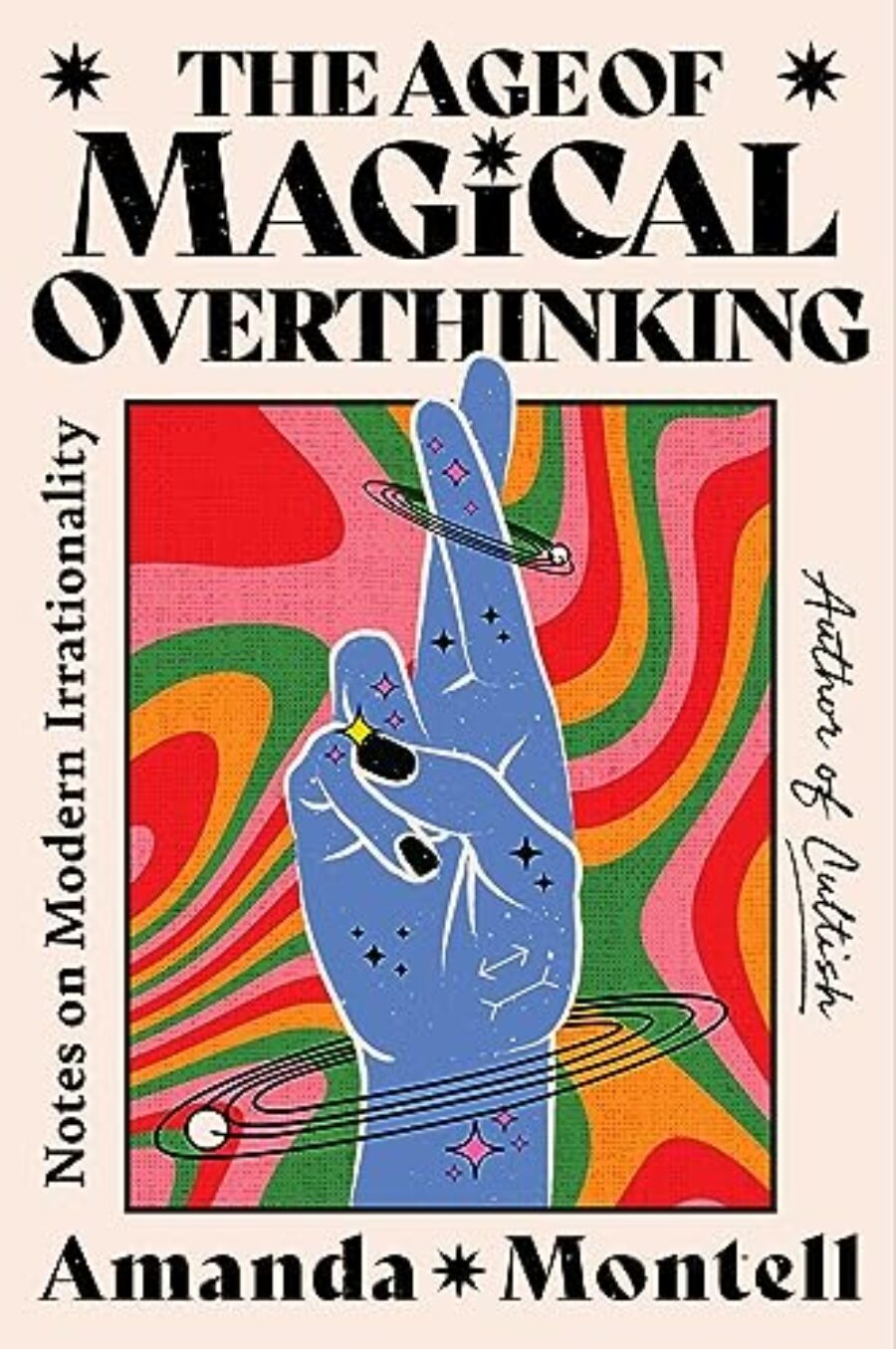Amanda Montell's forthcoming book, "The Age of Magical Overthinking: Notes on Modern Irrationality," delves into the intricate workings of the human mind, exploring how cognitive biases and irrational thought patterns influence our perceptions and behaviors in the modern world. Building upon her previous works, "Wordslut" and "Cultish," Montell combines linguistic insight with sociological analysis to offer a compelling examination of contemporary irrationality.
Understanding Magical Thinking
At its core, "magical thinking" refers to the belief that one's internal thoughts can affect unrelated events in the external world. This can manifest in various ways, such as the conviction that positive thinking can prevent illness or that certain rituals can influence outcomes. Montell argues that while such thought patterns can provide a sense of control amidst chaos, the modern information age has amplified these tendencies, leading to what she terms "magical overthinking."
Cognitive Biases Explored
Montell delves into a range of cognitive biases that contribute to magical overthinking:
The Halo Effect: This bias leads individuals to make positive assumptions about a person's overall character based on a single trait. For instance, assuming a celebrity is kind-hearted solely because they are attractive.
The Sunk Cost Fallacy: This bias causes people to persist in unfavorable situations because they have already invested time, money, or effort, even when it's clear that abandoning the course would be more beneficial. An example is staying in an unhealthy relationship due to the years already spent together.
Impact of the Information Age
In today's digital era, the constant influx of information can overwhelm our cognitive faculties, exacerbating tendencies toward magical thinking. Montell suggests that the internet and social media platforms contribute to the spread of misinformation and reinforce cognitive biases, making it challenging to discern rational thought from irrational beliefs.
Personal Narratives and Humor
Montell enriches her analysis with personal anecdotes and humor, making complex psychological concepts accessible and engaging. Her relatable storytelling allows readers to see reflections of their own thought patterns, fostering a deeper understanding of the pervasive nature of magical overthinking.
A Path Toward Rationality
Despite highlighting the pitfalls of irrational thought, Montell's message is ultimately one of hope and empathy. She encourages readers to recognize and forgive their cognitive missteps, advocating for self-awareness and critical thinking as tools to navigate the complexities of the modern world. By understanding our mental biases, we can strive toward more rational decision-making and a clearer perception of reality.
Critical Reception
"The Age of Magical Overthinking" has garnered early praise for its insightful analysis and engaging prose. Critics have lauded Montell's ability to blend scholarly research with personal narrative, creating a work that is both informative and entertaining. The book is anticipated to resonate with readers seeking to understand the underpinnings of their thought processes in an increasingly complex world.
Amanda Montell's "The Age of Magical Overthinking" offers a timely exploration of the irrational tendencies that shape our lives. By shedding light on cognitive biases and the influence of the information age, Montell provides readers with the tools to recognize and mitigate magical overthinking. Her blend of humor, personal insight, and scholarly analysis makes this book a valuable resource for anyone looking to understand the quirks of the human mind and strive for greater rationality in their daily lives.









